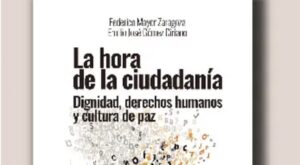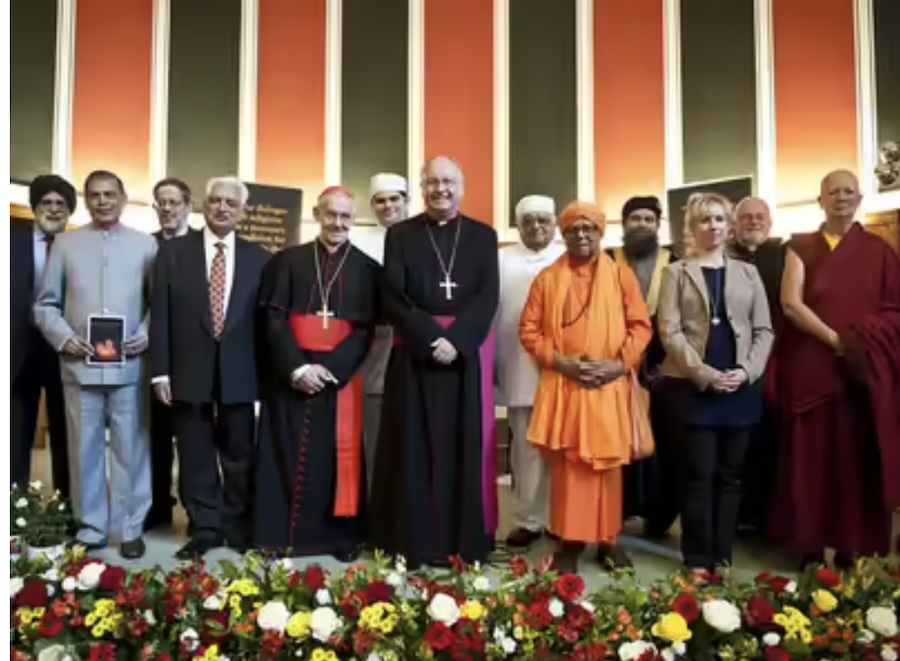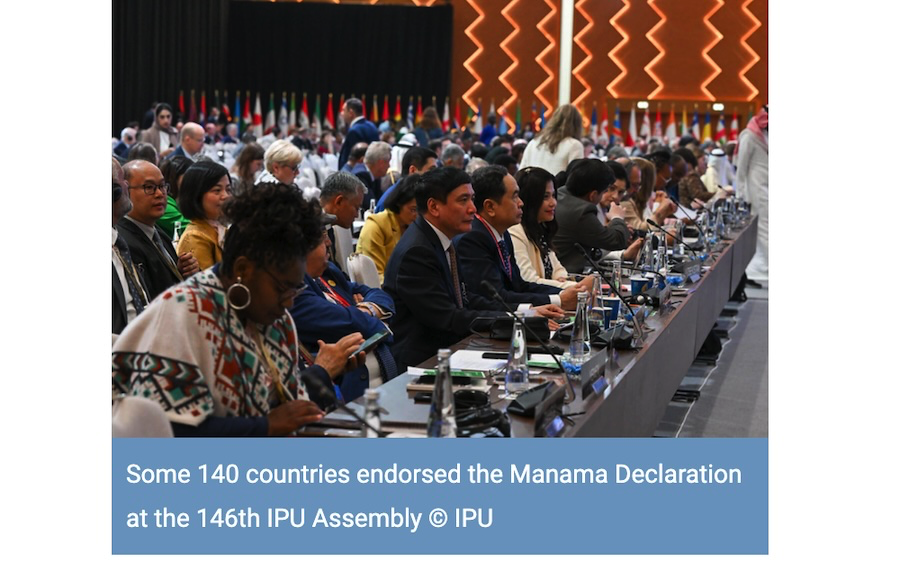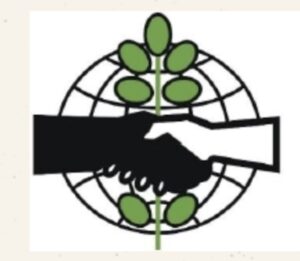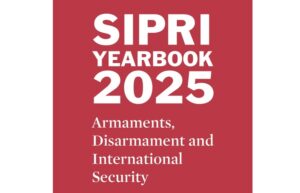… EDUCATION FOR PEACE …
An announcement from the International Institute for Peace Education
We invite all formal and non-formal peace educators, academics, activists, NGO actors, and education-focused peacebuilders to apply to join the 2026 International Institute on Peace Education from July 19-26 in Granada, Spain.
IIPE 2026 Spain will convene 60 educators from around the world for a week-long, residential, learning community experience in peace education. A rich exchange of peacebuilding research, academic theory, best practices, and actions will be shared through IIPE’s evolving dialogical, cooperative, and intersubjective modes of reflective inquiry and experiential learning.
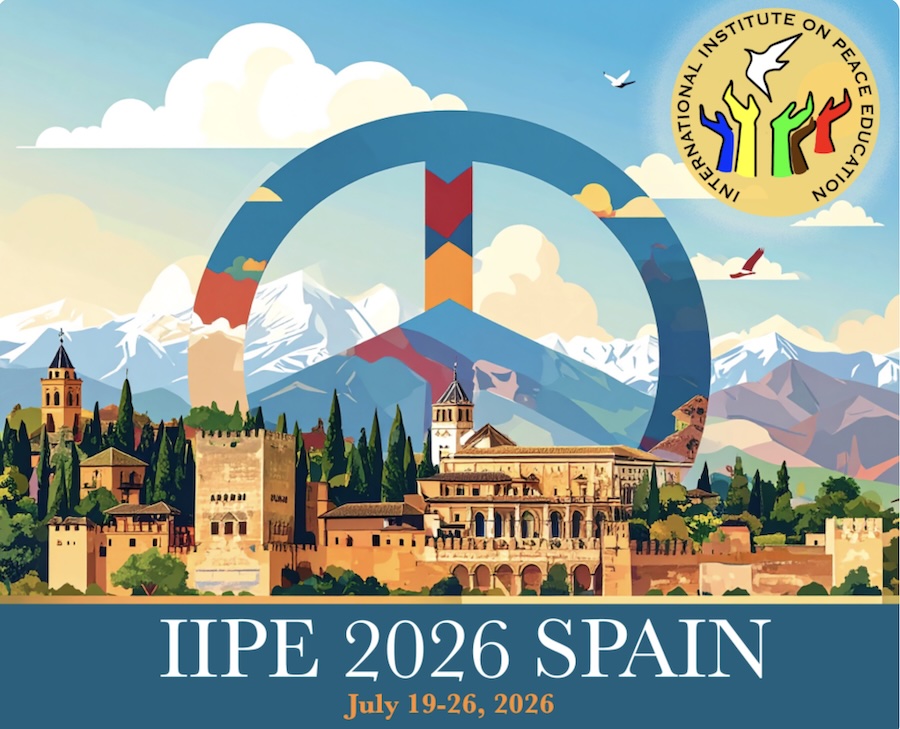
IIPE 2026 Spain is organized by the IIPE Secretariat in partnership with a network of former IIPE participants in Spain in partnership with national, regional, and local NGOs and universities. The Institute will take place at the Colegio Mayor Jesús María of the University of Granada.
Granada: A Tapestry for Peacelearning
Granada, Spain, is a global crossroads, a historic melting pot of civilizations. Located in the Spanish region of Andalucía (part of ancient Al-Andalus), it has been the center of coexistence for multiple cultures. At various periods, the rich cultures of Europe, Africa, and the Americas have coexisted in dialogue with each other, forming a dynamic intellectual and artistic flowering that can still be seen today in the extraordinary architecture and gardens. Spain, in turn, is a European country marked by interconnectedness as its hallmark. Due to its history over the years, it has been a dynamic social and political actor in relation to the problems of the Mediterranean region, Europe, and Latin America. Today, it is an essential and fertile space where perspectives converge to understand the negotiations, dilemmas, and challenges of global peace.
IIPE 2026 Spain at the University of Granada aims to draw out the parallel challenges of deep ecological thinking and intercultural relations. We aim to channel the spirit of Granada as a historical center of tolerance, dialogue, and intercultural symbiosis. Andalucia’s Medieval intellectual, artistic, and architectural achievements reflect a “vision of a culture of tolerance [which] recognized that incongruity in shaping individuals as well as their cultures was enriching and productive” (Menocal, 2002, p. 11).
(Continued in right column)
(Click here for a version in Spanish)
Question for this article:
Where is peace education taking place?
(Continued from left column)
Today, we recognize our interdependence and the interrelatedness of perversely complex challenges: climate crises; militarization, arms proliferation, and the use of lethal violence; and structural violence, such as discrimination, exclusion, colonialization, and domination in all its forms. These dangers are evident today in unbearable conditions of displacement and migration, climate catastrophes, and endless wars. All of these beg for vision, dialogue, and pedagogy that reaches across borders.
Pedagogy, research, and evaluation in peace education have undergone remarkable development over the past 25 years. IIPE 2026 Spain will constitute a learning community, a mini-ecosystem, in which the implications for peacelearning will be considered. Together, we hope to deepen our understanding and connect with each other through these initial questions: How has this professionalization changed peace education? Can the intersubjectivity and warmth of learning together continue with greater instrumentalization? Can we engage rational thinking and interrelate it with sentipensar, feeling-thinking that validates emotions and sentience? How does the concept of Gaia shift the ecological relational paradigm for peace? How can educational policies preserve indigenous learning and incorporate popular culture as the field advances?
In addition, the question of human relations with the more-than-human world will be raised. How might human relations evolve again so that we can reclaim the understanding that our survival depends on the health of the Earth, air, water, soil, and other living systems? New questions, new options, and new perspectives will be encouraged.
Reference: Menocal, M.R. (2002). The ornament of the world: How Muslims, Jews, and Christians created a culture of tolerance in Medieval Spain. Little, Brown.
How to Apply
Applications are invited from peace educators who are teachers and/or academics, as well as activists, NGO actors, and others involved in civil society and governance. Our goal is to bring diversity and plurality of experience to shed light on these pressing peace issues.
APPLY NOW
About the IIPE
The International Institute on Peace Education is a weeklong residential experience for educators and scholars hosted in a different country every other summer. The Institute facilitates exchanges of theory and practical experiences in teaching peace education and serves to grow the field. In serving the field, the IIPE operates as an applied peace education laboratory that provides a space for pedagogical experimentation; cooperative, deep inquiry into shared issues; and advancing theoretical, practical, and pedagogical applications. Since its inauguration at Teachers College, Columbia University in 1982, the IIPE has been hosted in 18 different countries, bringing together thousands of experienced and aspiring educators, academics, professional workers, and activists in the field of peace education from around the world to exchange knowledge and experiences and learn with and from each other in its intensive residentially based learning community. The objectives of each particular institute are rooted in the needs and transformational concerns of the co-sponsoring host partner(s), their local community, and the surrounding region. (Click here for more information.)
– – – – – –
If you wish to make a comment on this article, you may write to coordinator@cpnn-world.org with the title “Comment on (name of article)” and we will put your comment on line. Because of the flood of spam, we have discontinued the direct application of comments.
